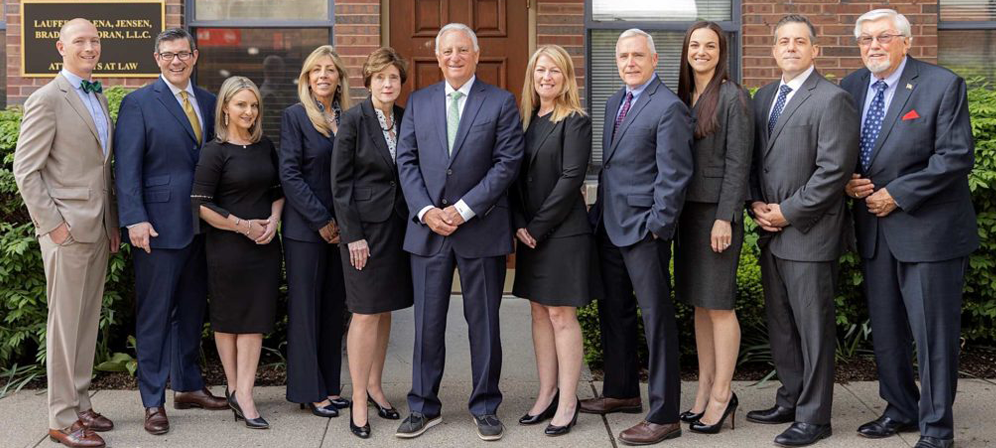Divorce is not always an easy decision in New Jersey. It can be very difficult, and people often spend a lot of time talking about it before they decide to take the plunge. For some couples, collaborative divorce may be the best choice for them; however, many are unsure if this process will work for their particular situation. If you want to learn more about whether or not collaborative divorce is right for you, read on.
What is collaborative divorce?
Collaborative divorce is a process where both spouses work together to reach an agreement. This usually happens outside of court, the couple meets with a team of professionals who help them negotiate and resolve their issues. This can include lawyers, mental health professionals, and financial experts.
The goal of the process is to allow the couple to maintain control over their divorce, while still working together. This can be a more amicable option for some couples, as it allows them to avoid the conflict and stress that often comes with going to court.
How does collaborative divorce work?
In order to begin the collaborative process, both spouses must sign a participation agreement. This document lays out the rules of the process, and it states that both spouses will work together to resolve their issues.
If either spouse decides to go to court, the process ends and they are no longer able to participate in collaborative divorce.
The couple then meets with their team of professionals, who helps them negotiate an agreement. This can include discussing financial issues, child custody, and alimony.
If they reach an agreement, it is then put into a legal contract. This document outlines the terms of the divorce.
How is collaborative divorce different from mediation?
Mediation is another option for resolving divorce issues. Unlike collaborative divorce, mediation is a process where a mediator helps the couple reach an agreement, and it doesn’t require lawyers. Also, mediation does not require full disclosure. This means that the couple may be able to negotiate without divulging all of their financial information or other relevant details.
Collaborative divorce can be a more amicable option for some couples, but it’s not right for everyone. Take enough time to assess the process to decide if it’s the right choice for you and your spouse.


